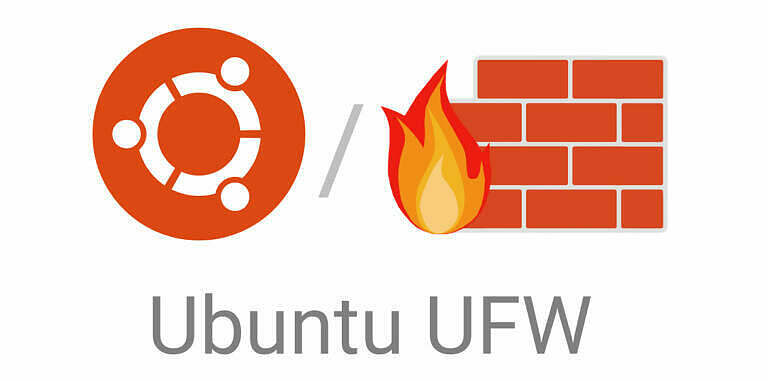
When it comes to Linux security, one of the most important aspects is a robust firewall. But with so many choices out there, how do you decide which is the best to protect your system?
Here, we will explore three top-tier, free software-based firewalls for the Linux OS: IPFire, Uncomplicated Firewall (UFW), and pfSense.
These offerings promise a unique blend of functionality, flexibility, and ease-of-use that make them stand out from the crowd. So, without further ado, let’s jump right into the world of Linux firewalls.
1. IPFire

The first contender on our list is the versatile IPFire.
IPFire is an open-source firewall solution that is highly customizable and boasts a wide array of features. Designed from the ground up to be as flexible as possible, IPFire offers a modular design that allows users to adapt the firewall to their specific needs.
Some of the standout features of IPFire include:
- Intrusion Detection System (IDS): IPFire comes equipped with an integrated IDS that works tirelessly to identify any unauthorized attempts to access your network.
- VPN Support: It offers comprehensive VPN support, allowing secure remote access to your network.
- Web Proxy: IPFire includes a full-featured web proxy, which not only increases browsing speed but also allows for detailed content control.
2. Uncomplicated Firewall (UFW)

Next up is the user-friendly Uncomplicated Firewall (UFW).
UFW, as the name suggests, is an uncomplicated solution that offers a straightforward way to manage netfilter, the Linux kernel’s built-in firewall. It provides an easy-to-use interface that hides the underlying complexity, making firewall management a breeze for newcomers to Linux.
Here are some key features of UFW:
- Simplicity: UFW provides a simple command-line interface that makes it easy to allow or block network traffic based on port numbers and IP addresses.
- Application Profiles: UFW allows the creation of application profiles, where specific rules for various applications can be set, thus enhancing security.
- IPV6 Support: UFW supports IPV6, ensuring your system is protected on modern networks.
3. pfSense

Finally, we have the powerful pfSense, a free, open-source firewall and router that is based on FreeBSD and compatible with a variety of hardware.
pfSense offers a wealth of features and is highly flexible, making it an excellent choice for both small home networks and large corporate environments. It provides a web-based interface for management, allowing easy setup and configuration.
Some compelling features of pfSense are:
- High Flexibility: pfSense supports a wide range of network interfaces, ensuring it can be tailored to many different environments.
- Advanced Routing: pfSense provides advanced routing features, enabling the effective management of network traffic.
- Add-Ons: A broad ecosystem of add-ons extends pfSense’s capabilities even further, such as Snort for intrusion detection and Squid for improved browsing speeds.
In conclusion
IPFire, UFW, and pfSense all provide solid firewall solutions for Linux users. Each has its strengths and unique features, making them suited to different use cases. Try them out, see which one resonates with your needs the most, and fortify your Linux system against potential threats.
Remember, no matter how strong your firewall is, it’s only one layer of your system’s defense. It’s always advisable to follow best practices for system security, such as regular system updates, strong password policies, and ensuring minimum necessary privileges for system users.
So, whether you’re a newcomer to the world of Linux, a seasoned system administrator looking for a new solution, or just curious about your options, the power of open-source means that top-tier security solutions are within reach. The above-mentioned firewalls – IPFire, UFW, and pfSense – are three such solutions that are worthy of your consideration.


